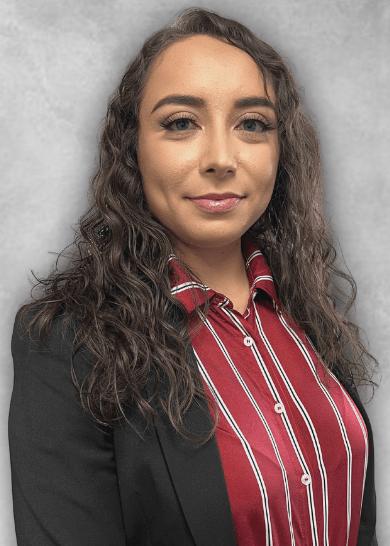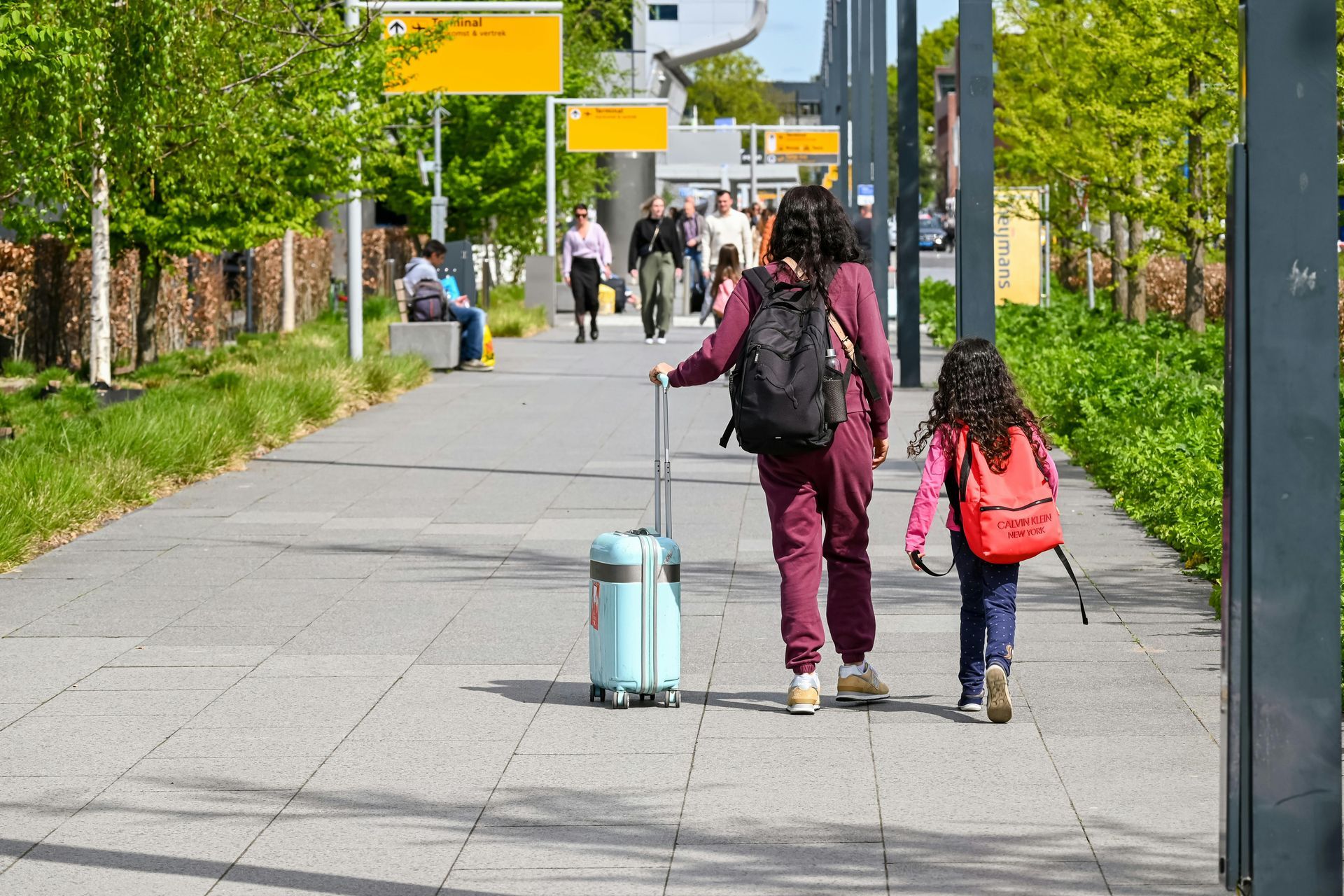Denice Flores, Esq.
Denice Flores, Esq.

Under the new regulation, if a person filed or files Form I-589, Application for Asylum and for Withholding of Removal after October 1, 2024, and the application remains pending with USCIS for 365 days, the applicant must pay an Annual Asylum Fee (AAF) on the one-year anniversary of his or her filing date.

Family-based immigration remains one of the most common paths to lawful permanent residency in the United States. It offers a lifeline to families hoping to reunite across borders, but the process is far from simple. The outcome of the applications can be delayed as a result of potential missteps while preparing the applications. Here are some of the most common pitfalls and how to avoid them: Incomplete or Inaccurate Forms One frequent mistake is submitting incomplete or inaccurate information on the forms like the I-130 (Petition for Alien Relative) and the I-485 (Adjustment of Status). Even minor errors such as misspelled names, missing signatures, or incorrect dates—can result in Requests for Evidence. To avoid this misstep, double-check all entries, cross-reference documents, and consult with an attorney before submission. Remember, immigration forms are legal documents so accuracy matters. Insufficient Supporting Evidence Proving a genuine familial relationship is the basis of family-based petitions. For spousal cases, USCIS looks closely at evidence of a bona fide marriage. Little or no supporting documents and evidence may lead to Requests for Evidence and even skepticism from USCIS. To establish a bona fide marriage, include documentation to show shared finances and liabilities. Filing Under the Wrong Category or Preference There are different immigration paths depending on whether the petitioner is a U.S. citizen or lawful permanent resident, and whether the beneficiary is a spouse, child, sibling, or parent. Each category has different processing times and visa availability. It is critical that before applying, you understand which preference category applies to your case. Immediate relatives of U.S. citizens (spouses, parents, unmarried children under 21) generally receive faster processing and are not subject to annual visa caps. Not Disclosing Past Immigration or Criminal History Many applicants fail to account for past immigration violations such as visa overstays, unauthorized work, or prior removal orders. Similarly, if you fail to disclose past criminal history and these issues surface later in the process they can affect the outcome of the case. Disclose everything to your attorney, no matter how minor or old the issue seems. Prior violations don’t always mean denial but not disclosing them may lead to serious consequences. If you're considering filing a family-based petition, consult with an experienced immigration attorney at our office. Our office is committed to helping families navigate this complex process with clarity and confidence.
Attorney Denice Flores is a daughter of immigrant parents from Mexico. She has witnessed firsthand the impact immigration law has on immigrant families and individuals. Ms. Flores started her career in immigration in 2015, through her work she discovered her passion for immigration law and decided to attend law school to pursue her career as an immigration attorney. In her free time, Ms. Flores enjoys spending time with her husband and family. She also enjoys watching documentaries, traveling, and eating good food.
Find out more about Denice
Areas of Practice
 Button
ButtonImmigration Law
- Humanitarian and family-based immigration petitions:
- Asylum
- TPS (Temporary Protected Status)
- U visa
- I-929
- VAWA (Violence Against Women
Act)- I-130 (Petition for Alien Relative)
- I-601A waivers (Waiver for
Unlawful Presence)- Adjustment of Status
- DACA (Deferred Action for
Childhood Arrivals)- Naturalization
- I-751
- I-212
- Employment-based visas:
- O-1B
- O-1A
- EB-2 NIW
- EB-1A
- Others:
- Writ of Mandamus
- Removal Representation
Education
 Button
Button- Juris Doctor, Thomas Jefferson School of Law, 2019
- Bachelor of Science, San Diego State University, 2015
Languages
 Button
Button- English
- Spanish
Bar Admissions
 Button
Button- California State Bar Association
Honors & Awards
 Button
Button- Magna cum laude- Juris Doctor
Volunteer Work
 Button
Button- Active involvement with human rights and immigration non-profit organizations in San Diego County




